- University of Canterbury Teece Museum of Classical Antiquities: Accessibility Project
- University of Navarra Museum (MUN): Arts and Life


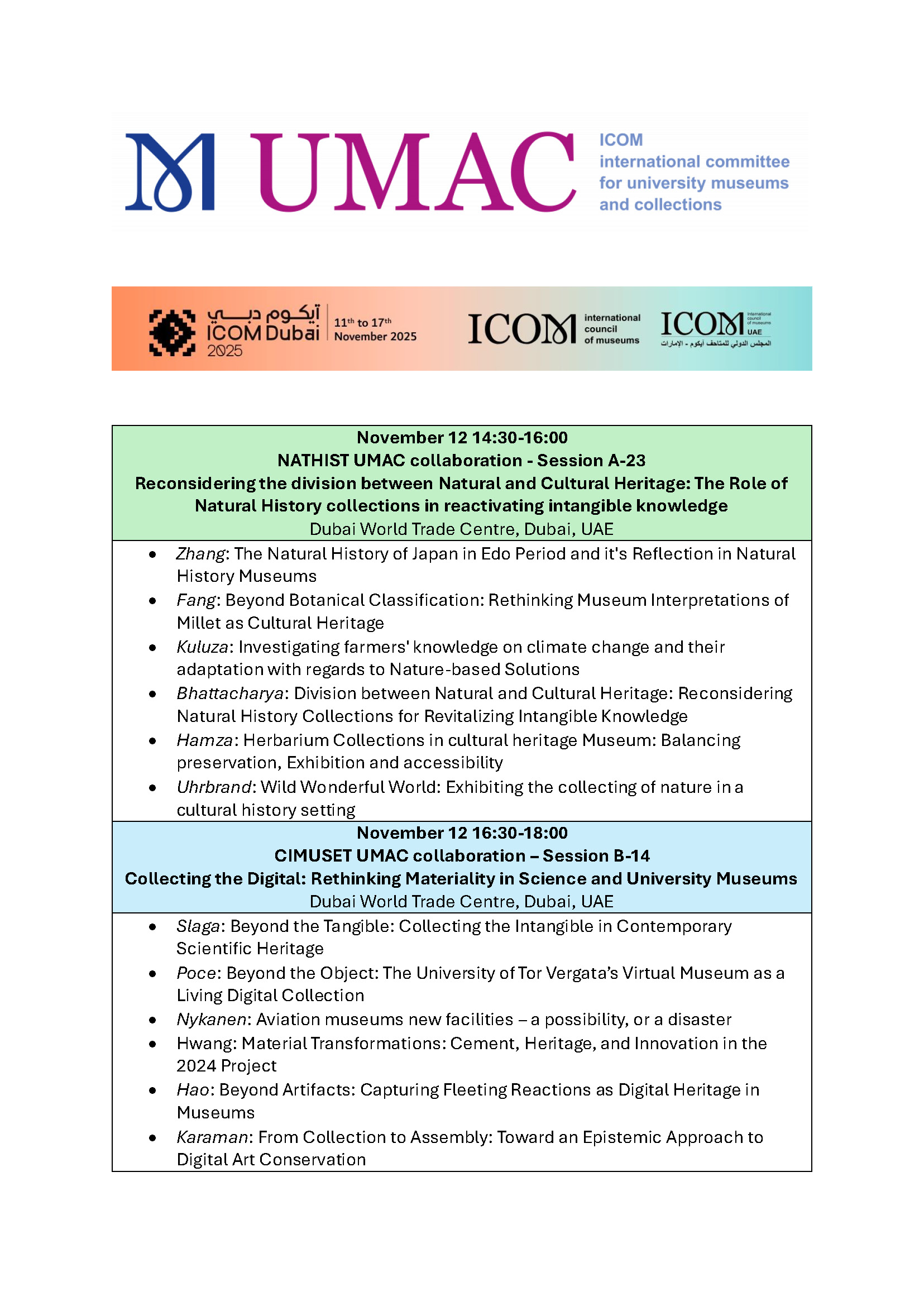
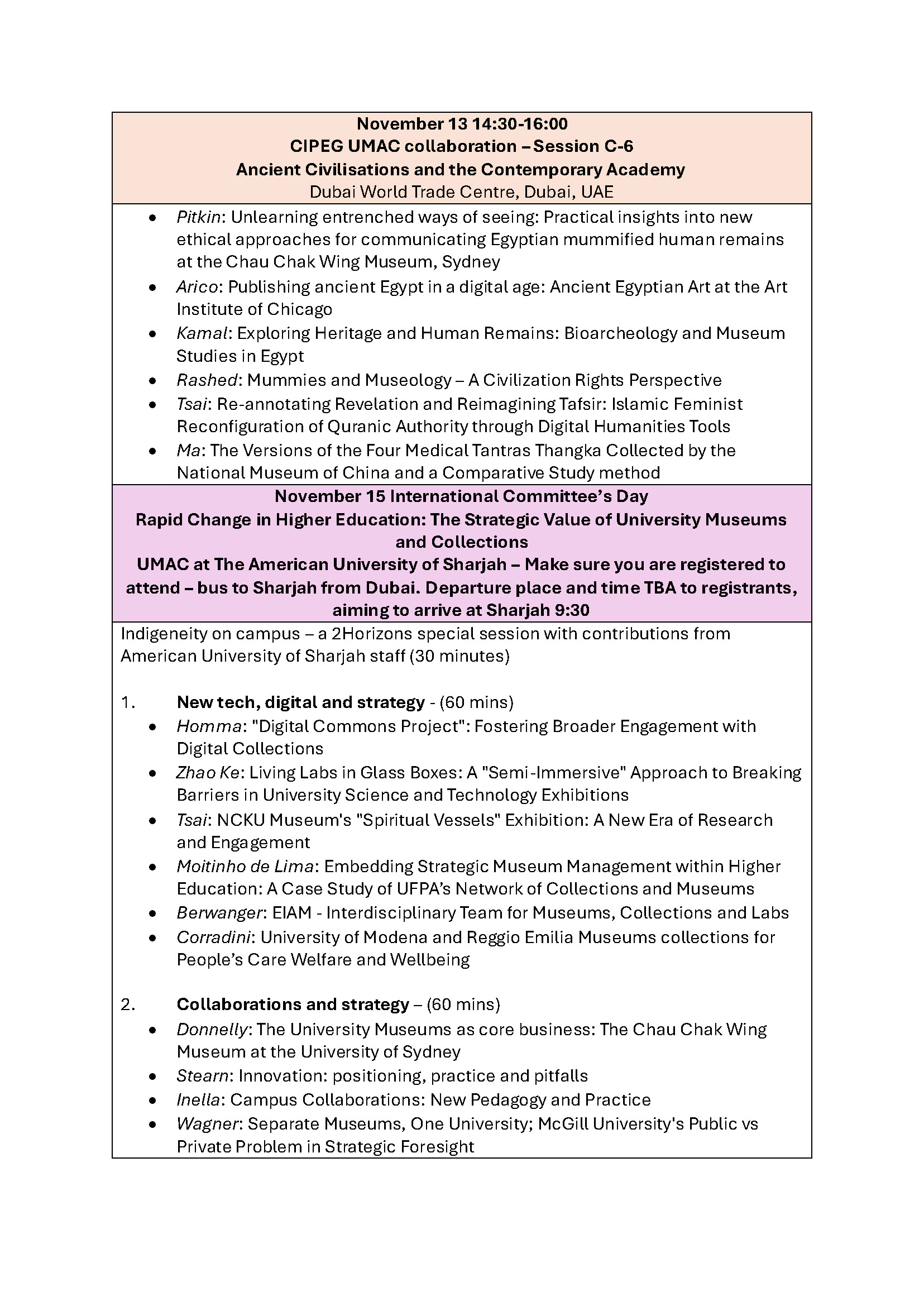
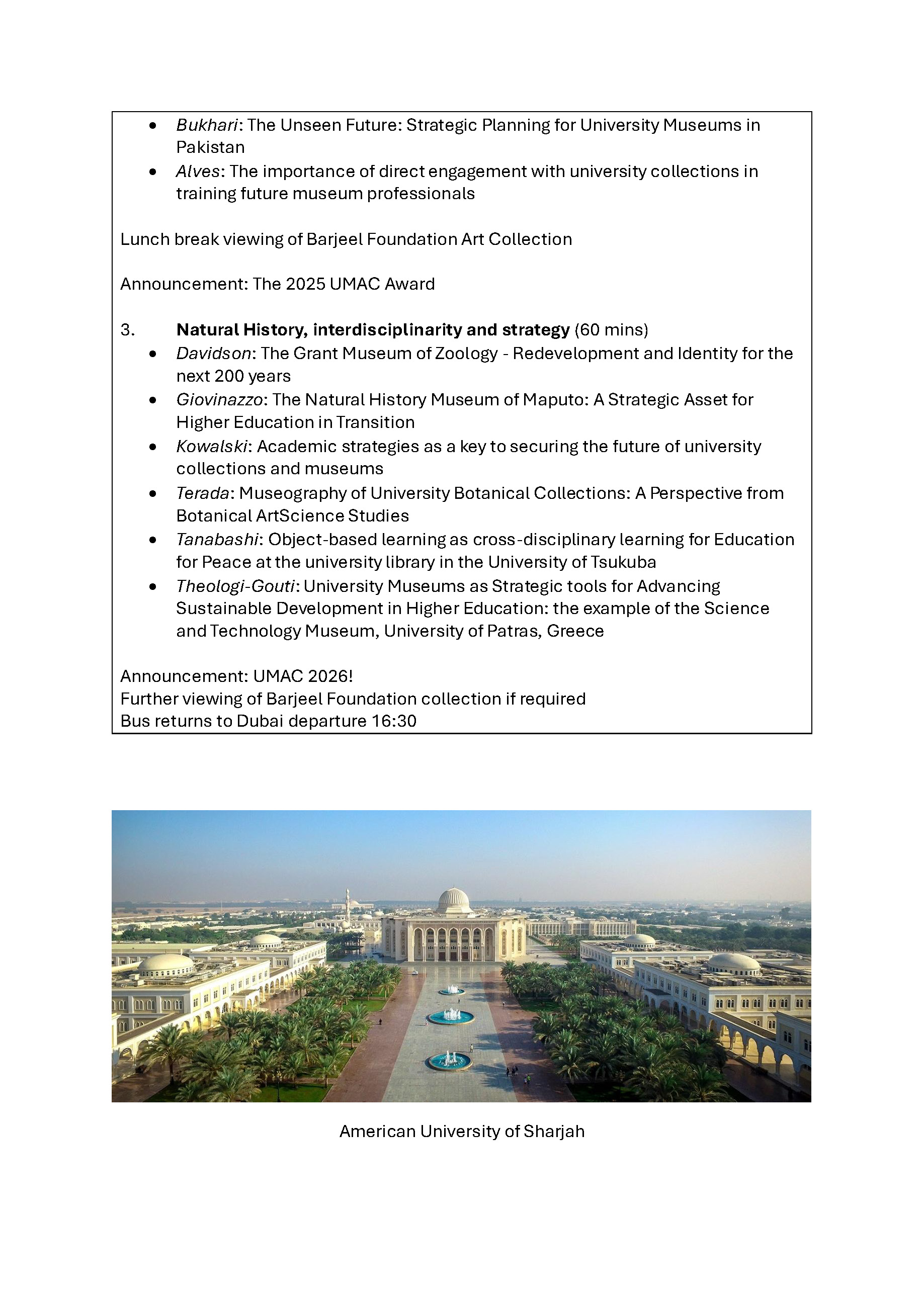
Further to the UMAC Elections Committee 2025 announcement of the list of candidates for the UMAC Board Election 2025. Please follow the links for each candidate to review the unique experience and knowledge each candidate has to offer the positions they have nominated for. For more information on the voting please see the announcement from the Election Committee.
Chair (1 position)
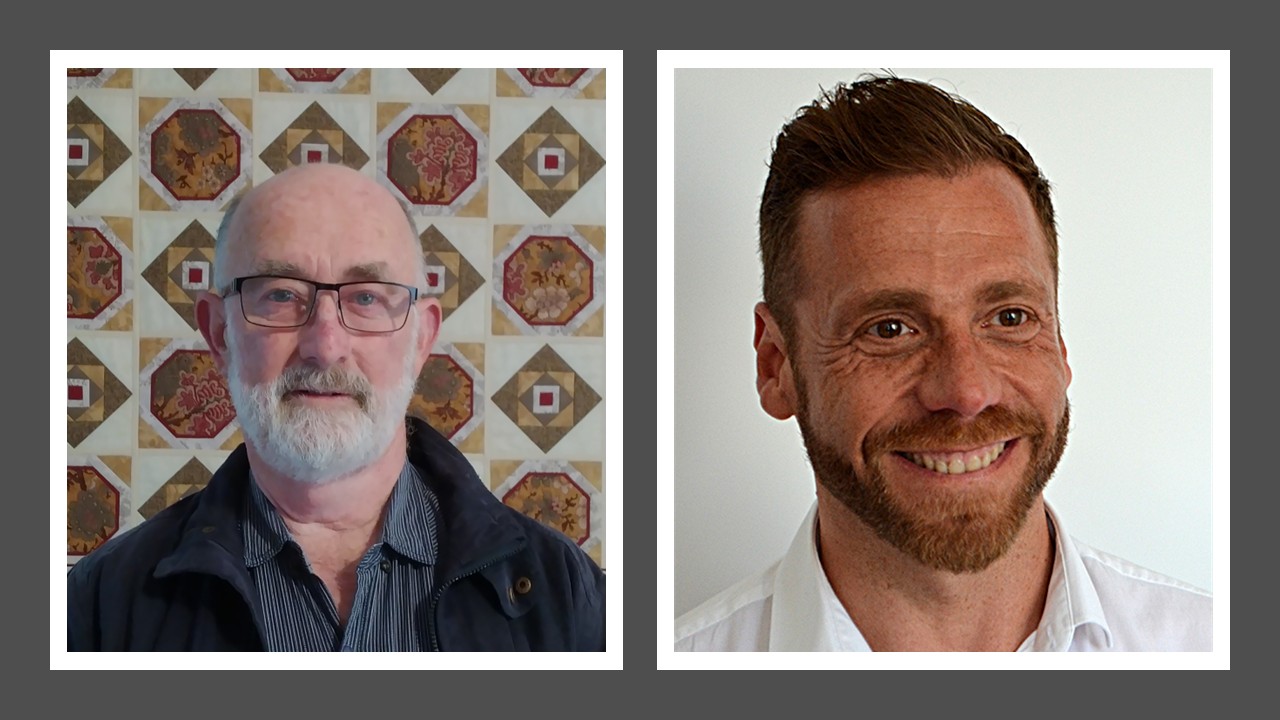
Left to Right: Andrew Simpson ; Sébastien Soubiran
Vice Chair (2 positions)

Left to Right: Giovanna Vitelli ; Zhao Ke
Secretary (1 position)
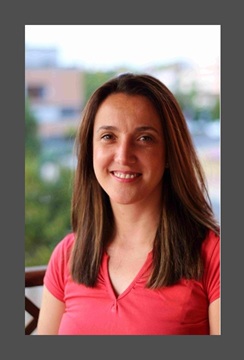
Treasurer (1 position)
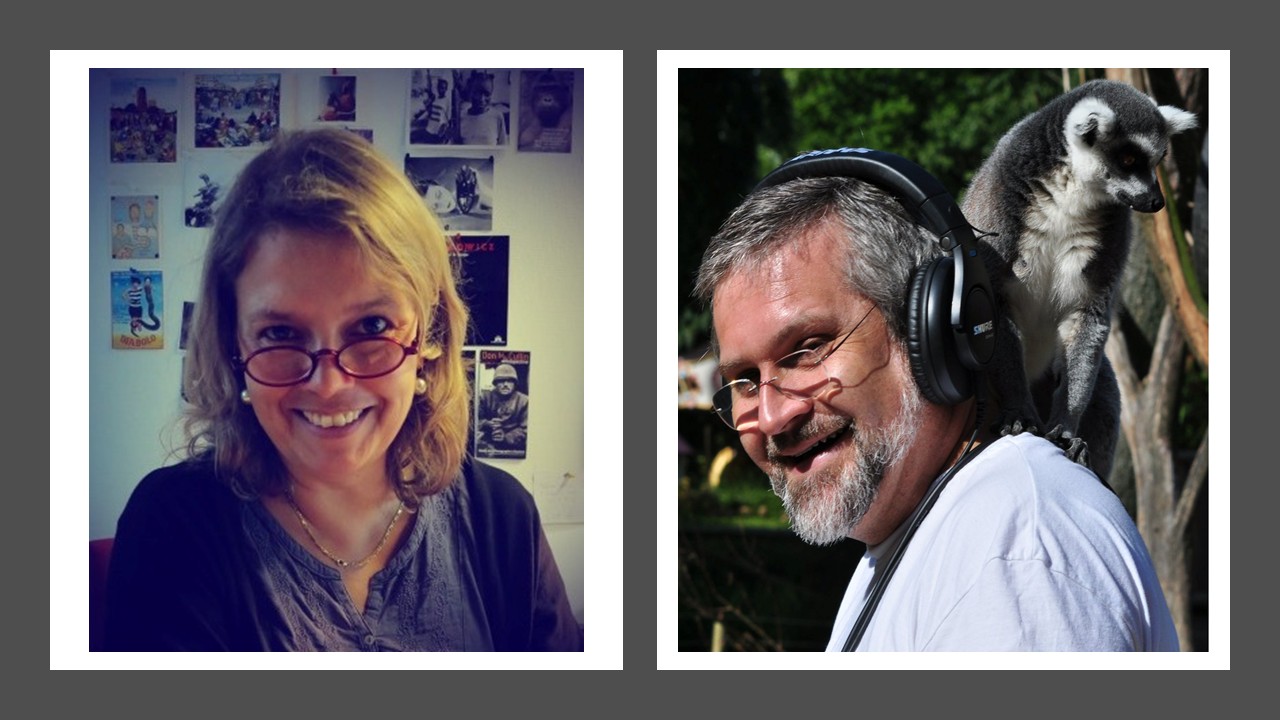
Left to Right: Nathalie Nyst ; Dominick Verschelde
Ordinary Member (3 positions)
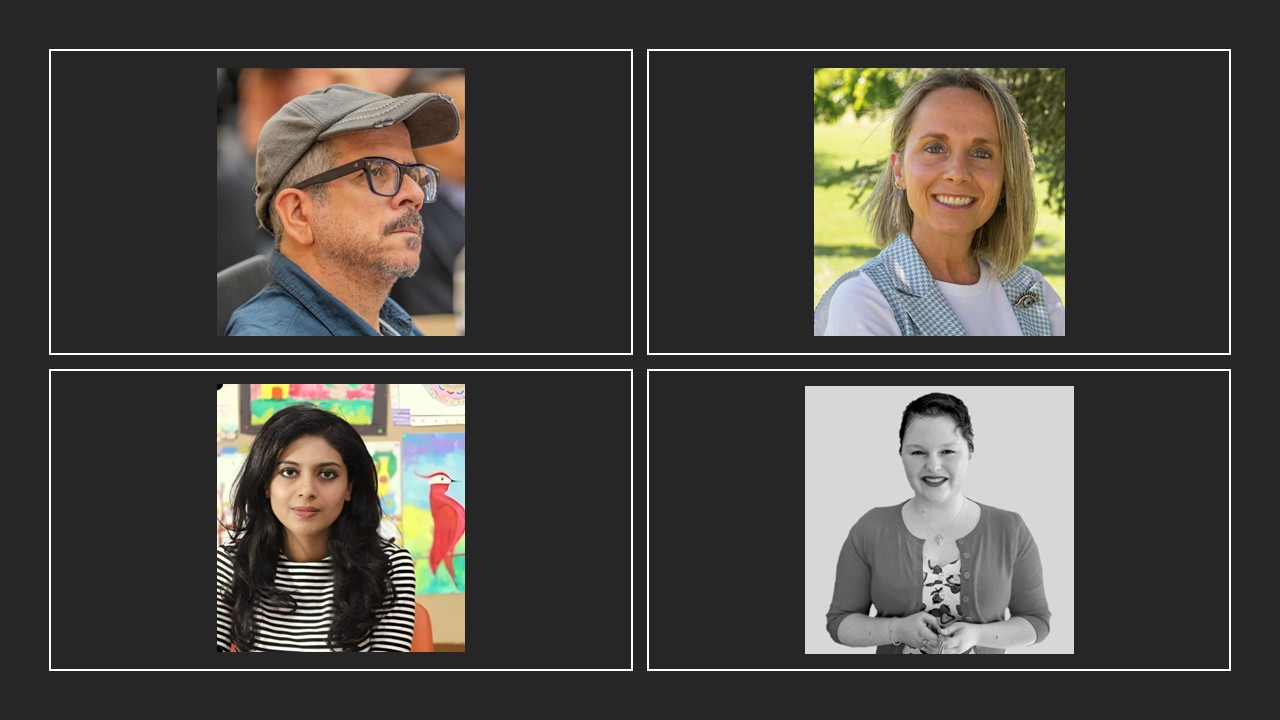
Left to Right (top): Mauricio Candido da Silva ; Elisa Montserrat Rull
(bottom): Wardah Naeem Bukhari ; Rebecca Lush
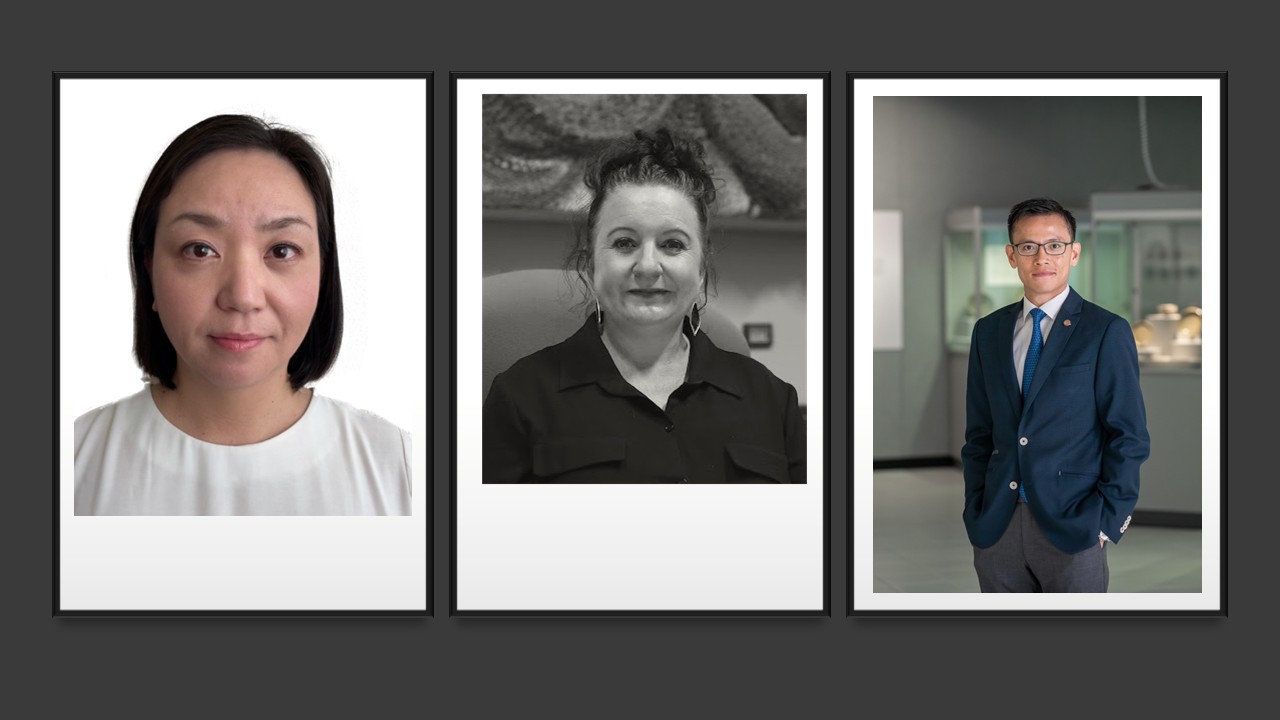
Left to Right: Ayumi Terada ; Sian Tiley-Nel ; Josh Yiu
01.11.2025
Dear UMAC Members,
We are pleased to announce the list of candidates for the UMAC Board Election 2025. All eligible nominations have been received and verified in accordance with the election regulations. Detailed profiles and nomination documents for each candidate will be published on the UMAC website in the coming days.
The candidates stand for the positions of Chair, Vice Chairs (2), Secretary, Treasurer, and Ordinary Members (3). Voting will open 24 hours prior to the Annual General Meeting (AGM) and will close at the commencement of the AGM. The 2025 UMAC Annual General Meeting will take place online on Thursday, 27 November 2025, during which the results of the election will be officially announced.
To cast your vote, please ensure that you are a financial member of ICOM with UMAC selected as your primary International Committee. Individual and Institutional members are allowed one vote each.
Voting instructions and timelines will be emailed to all financial members in the week prior to the ballot opening. It will close the day before the AGM to allow the UMAC Elections Committee 2025 to review and count accuracy of submissions.
We thank all candidates for their dedication and enthusiasm in supporting the mission and goals of UMAC.
Warm regards,
Levent Tökün & Kirsten Vincenz
UMAC Elections Committee 2025
Dear UMAC members,
Congratulations, UMAC Award 2025 Nominees
It is my pleasure to announce the three nominees of the UMAC AWARD 2025.
Congratulations to the finalists!
TEL 0422-33-3340 FAX 0422-33-3485
URL: https://subsites.icu.ac.jp/yuasa_museum/index_e.htm
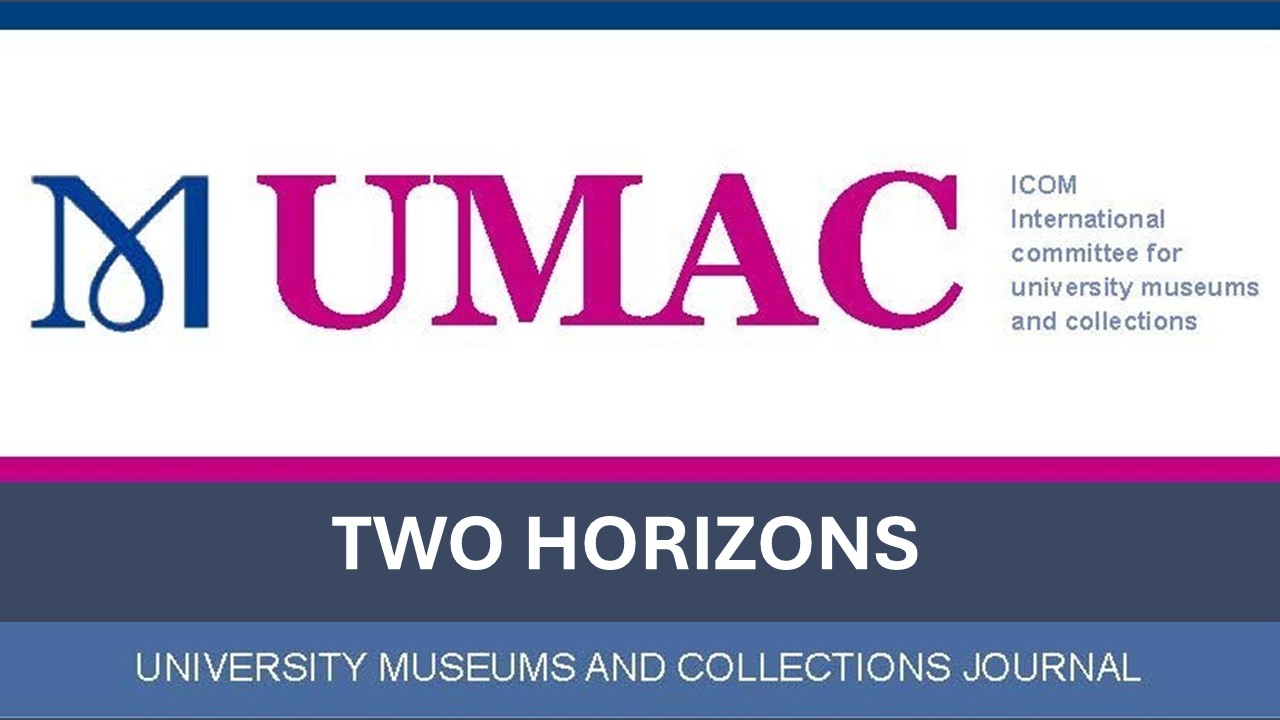
In this call for proposals, we are seeking case studies where different forms of knowledge are used in the work of university museums and collections. It has long been known that material engagements with objects provide cross-disciplinary bridges in pedagogy. In this thematic issue of the journal, we extend this concept to explore how different forms of knowledge can be embedded into the materiality of objects and how different knowledge systems can be represented in the diversity of museum work.
This project builds on the publication of our special issue of the University Museums and Collections Journal (UMACJ 17.1) where repatriation and restitution stories involving university museums and collections have been collaboratively documented as case studies involving at least two perspectives. This project aligns with the ICOM strategic focus area of decolonisation and is viewed as an important step forward in the evolution of museums from being points of cultural authority to being a network of cultural agency.
University museums and collections are uniquely positioned at the intersection of academic research, teaching, and public engagement. Increasingly, they are engaging with diverse knowledge systems—Indigenous, local, community-based, artistic, spiritual, and more—to rethink and reshape museum practice. These engagements open possibilities for new approaches, challenge established methods, and foster collaborative ways of working that respond to broader questions of equity, sustainability, and relevance.
We invite proposals for case studies that explore how university museums and collections are engaging with different epistemologies to undertake new work. Contributions may examine specific projects, partnerships, or innovations that demonstrate how museums are navigating, negotiating, and integrating multiple knowledge systems.
Case studies that have fostered new forms of collaboration with communities, artists, researchers, and students are sought, those that have:-
We welcome co-written contributions by parties who have worked together that highlight both opportunities and challenges, including reflections on process, relationships, and lessons learned. Case studies may come from any disciplinary context or geographical region and may address practice at any scale—from small, experimental projects to long-term institutional change.
Summary outline of proposed article: 300–500 words
Notification of acceptance: January 1, 2026
Final case study length: 3,000–8,000 words (including references and images)
Submission of full article May, 2026 with provisional publication date in August, 2026.
Please email proposal to: umacjeditor@gmail.com
Also email if you wish to discuss a possible contribution to the volume.
The UMAC Journal is a double diamond open access journal published by the International Committee for University Museums and Collections (UMAC), a Committee of the International Council of Museums (ICOM).
Dear UMAC members,
– UMAC Chair (1 position)
– UMAC Vice-Chair (2 positions)
– UMAC Secretary (1 position)
– UMAC Treasurer (1 position)
– UMAC Ordinary Board Member (3 positions)
http://umac.icom.museum/governance/elections/
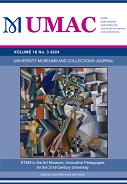 I am writing to announce the release of a special, guest-edited issue of the University Museums and Collections Journal; issue 16 (3) with the title of STEM in the Art Museum: Innovative Pedagogies for the 21st-Century University.
I am writing to announce the release of a special, guest-edited issue of the University Museums and Collections Journal; issue 16 (3) with the title of STEM in the Art Museum: Innovative Pedagogies for the 21st-Century University.